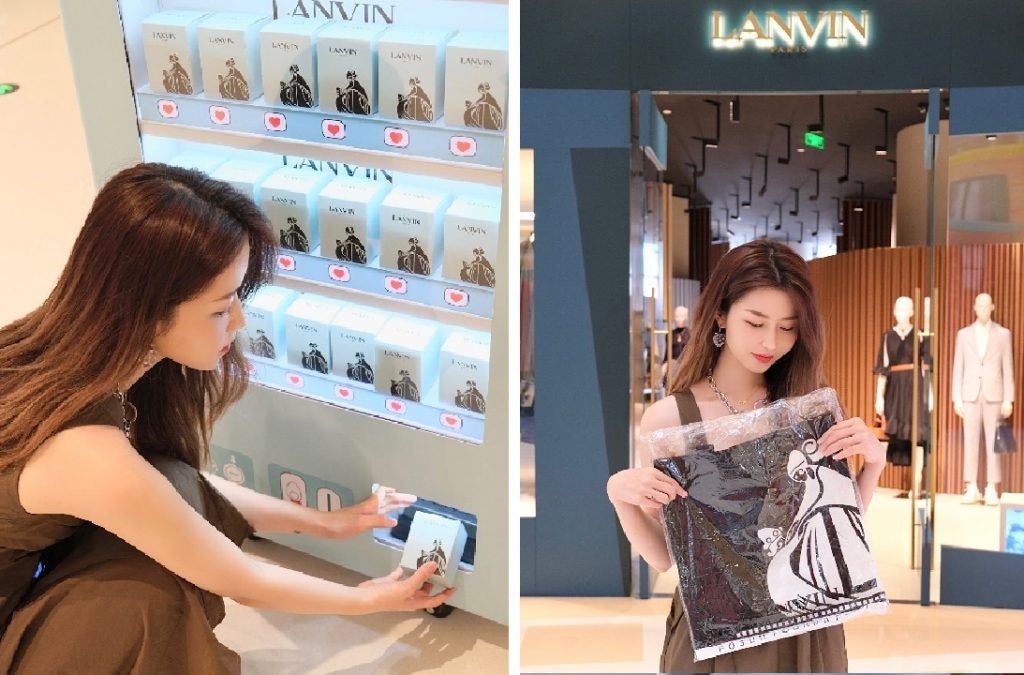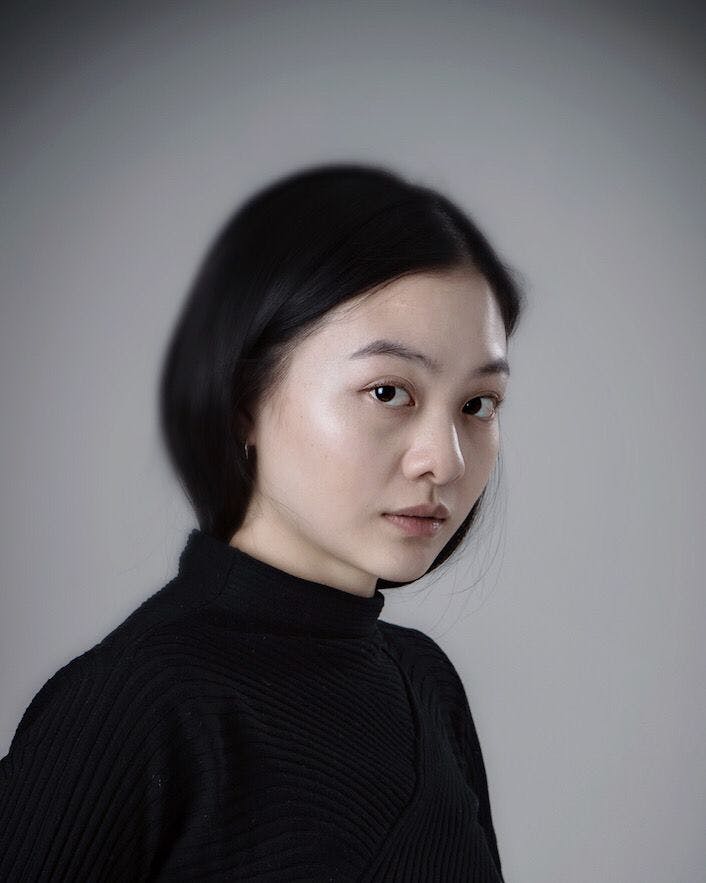What happened
In the wake of rising economic uncertainty and China’s recent COVID woes, more and more Chinese consumers are looking to save rather than spend. According to the latest “2023 McKinsey China Consumer Report,” 58 percent of urban households in China plan to “put money away for a rainy” day — the highest since 2014, according to the intelligence firm.
Meanwhile, young Chinese consumers are also looking for greater career and work-based freedom, on top of being frugal, according to an October report released by Peking University and job-hunting Zhilian. In the same study, over 70 percent of Chinese Zillennials (the micro-generation of people born between 1993 and 1998) said they not only seek greater rights and flexibility within their workplaces but also that their goal is to become “digital nomads'' someday.
Additionally, 54 percent of China’s Gen Z — especially those working within education, legal services, finance and creative sectors — said they have side gigs to earn and save additional income.
The Jing Take
Over the last year, alongside concepts like individualism, solo lifestyles and a general shift away from the traditional collectivism of Chinese culture, the term “self-rewarding economy” (also known as “single-person” economy) has been on the rise across China.
As consumers seek to “put money away for a rainy day,” brands will likely see less spending in the coming months, especially as China grapples with a surge of COVID-19 cases amid the exit from its zero-COVID policy. Streets and shops in major cities around the country are reportedly empty and deserted as consumers seek to weather out the next few weeks and months until cases lessen.
For the nation’s Gen Z especially, “self-rewarding” does not mean hedonism, but rather putting one’s personal and financial development first. This can take place not only through savings but also through “investing” in oneself through a variety of new ways, such as building self-care and ritualistic beauty routines, indulging in “little” yet meaningful luxuries, purchasing playful “blind boxes,” and enrolling in education and practical courses.
According to analysts, blind boxes — the practice of buying packaged boxes containing mystery products from brands — is an interesting indicator of China’s Gen Z’s willingness to occasionally splurge on small, surprising “little luxuries.” Beyond the excitement of the unknown, there is also the lure of investment. Often hidden items within boxes can be resold for several times more than their original blind box value.

To tap into the rising demand for moments of respite and escapism while keeping consumers’ economical goals in mind, brands can consider smaller offerings in the form of mystery packaging, advent calendars and the like. But they should also consider expanding their outreach to consumers via “edutainment,” livestream tutorials or enriching experiences to better connect with these consumers who seek value and meaning through their purchases.
Additional reporting by Zihao Liu.
The Jing Take reports on a piece of the leading news and presents our editorial team’s analysis of the key implications for the luxury industry. In the recurring column, we analyze everything from product drops and mergers to heated debate sprouting on Chinese social media.


